The Voices of Baseball
The Voices of Baseball
The Games Greatest Broadcasters Reflect on Americas Pastime
Kirk McKnight
ROWMAN & LITTLEFIELD
Lanham Boulder New York London
Published by Rowman & Littlefield
A wholly owned subsidiary of The Rowman & Littlefield Publishing Group, Inc.
4501 Forbes Boulevard, Suite 200, Lanham, Maryland 20706
www.rowman.com
Unit A, Whitacre Mews, 26-34 Stannary Street, London SE11 4AB
Copyright 2015 by Rowman & Littlefield
All rights reserved. No part of this book may be reproduced in any form or by any electronic or mechanical means, including information storage and retrieval systems, without written permission from the publisher, except by a reviewer who may quote passages in a review.
British Library Cataloguing in Publication Information Available
Library of Congress Cataloging-in-Publication Data
McKnight, Kirk.
The voices of baseball : the games greatest broadcasters reflect on Americas pastime / Kirk McKnight.
pages cm
Includes bibliographical references and index.
ISBN 978-1-4422-4447-4 (hardcover : alk. paper) ISBN 978-1-4422-4448-1 (ebook)
1. Baseball fieldsUnited StatesHistory. 2. StadiumsUnited StatesHistory. 3. BaseballUnited StatesHistory. 4. Baseball teamsUnited StatesHistory. 5. SportscastersUnited States. 6. Radio broadcasting of sportsUnited StatesHistory. 7. Television broadcasting of sportsUnited StatesHistory. I. Title.
GV879.5.M35 2015
796.35706873dc23
2015008223
 The paper used in this publication meets the minimum requirements of American National Standard for Information SciencesPermanence of Paper for Printed Library Materials, ANSI/NISO Z39.48-1992.
The paper used in this publication meets the minimum requirements of American National Standard for Information SciencesPermanence of Paper for Printed Library Materials, ANSI/NISO Z39.48-1992.
Printed in the United States of America
I dedicate this book to my wife, Collette, who, from kiss #1, has supported me on every level in my quest to become a professional writer. Every author should have one just like her.
A successful announcer is his own person and has his own personality. When youve listened to the great announcersthe Harwells, Scullys, Carneals, Bucks, and Caraysyou cant help but, beyond your admiration for them, pick up on what it is they do well. In the cases of the gentlemen I just mentioned, they were in one town and one team for a long, long time, and, for broadcasting in particular, thats quite an accomplishment. Whether its Chuck Thompson or Bob Murphyall of the great voices weve heard so much of in the 50s, 60s, and 70sthe one thing they all had in common, I think, is wearability. They did their jobs. They covered the game. They injected their personality, but they never grew weary of their jobs or have fans get weary of how they did it. Thats quite an accomplishment in this day and age.
Dick Bremer, Minnesota Twins TV play-by-play broadcaster
Contents
Foreword
W hen I was about six years oldwhich is as far back as I can go in the recesses of my mind to collect anything that resembles a memoryI watched my first baseball game on TV. This isnt one of those we could only afford bunny ears kind of stories. My family wasnt rich by any definition of the word, but we had cable TV and TBS. My favorite baseball team was the one showcased on TBS day in and day out: the Atlanta Braves. Living in Las Vegas, Nevada, I was always able to watch an Atlanta Braves broadcast at 4:05 p.m. local time.
Now, since the Atlanta Braves were my favorite team, I must have also had a favorite player, right? Well, you can ask anybody who remembers me around the age of six, and theyll tell you, Dale Murphy was my guy. I told Wayne Hagin during our interview, There were 26 teams in baseball when I first started watching. Thats 26 teams, 25 players each, which makes 650 professional players. To me, 649 of them didnt exist. There was Dale Murphy and no one else. To this day, I scratch my head in wonder about why Dale is not in the hall of fame. He had 398 performance-enhancing drug-free home runs in his career and back-to-back National League MVP awards in 1982 and 1983.
Ill never forget the first time I went to see Dale Murphy play in person. It was my first trip ever to Dodger Stadium. By this time The Murph was at the tail end of his career, and unbeknownst to me, his final year or so with the Braves. I remember they pulled Murphy from the game for either a pinch hitter or pinch runner. I was storming up and down my row like an angry manager. I did not quite understand the strategies of baseball at the time. Murphy, being in his advanced years as a player, was probably pulled for a speedier set of legs.
A couple of years later, my baseball world was turned upside down, as Dale Murphy was dealt to the Philadelphia Phillies. I remember seeing the Phillies games against the Atlanta Braves, and when the trade happened, I had the thought, Hows Dale Murphy going to play in those ugly uniforms? I kept track of Dale a little when he played for the Phillies, but I didnt have that connection with him that I had had through TBS and Atlanta Braves broadcasts. Skip Caray was my connection to Dale Murphy. I remembered Skip, Pete Van Wieren, and Ernie Johnson Sr., but there was one name among that broadcast team that wouldnt surface until I met him face to face in May 2014.
When Murphy was cut from the Rockies, I went through another series of favorite players, beginning with Frank Thomas and ending with Cecil Fielder. I bought a Tigers baseball hat, and if you saw me from 1994 to 1996, I was wearing that Tigers hat. I named my dog Cecil and followed the real Cecil Fielder even more closely than I had followed Murphy. I became a Yankees fan the day Fielder was traded to New York back in late July 1996, which, any Yankees fan will know is the year Derek Jeter came onto the scene and helped the team to their first World Series title in almost 20 years.
As a Yankees fan, I could not get the broadcasts back in Las Vegas. The only time I got Yankees games were on the national broadcasts. John Sterling, Michael Kay, and, for a time Charley Steiner, were my link to the New York Yankees. Eventually Steiner would achieve his lifelong dream of broadcasting for the Dodgers alongside his childhood idol Vin Scully. There was something I couldnt quite register about Sterling, though. The familiarity of his name and voice kept telling me had I watched or listened to him at some other point in my life.
After about 18 years of being a Yankees fan and preparing for my interview with John Sterling, the chord was finally struck in my long-term memory. Atlanta! John Sterling had broadcast Atlanta Braves baseball during the 80s before moving over to the Yankees broadcast booth in 1989. There it was, like one of those moments in a movie that flashes through history and emerges out of the eye of the main character. John Sterling broadcast for Dale Murphy and the Atlanta Braves. Suddenly, my questions for Sterling had a twofold focus: Yankees baseball and Atlanta Braves baseball in the 80s. I had that link back to the team I had loved and followed right before my eyes. Ive bled pinstripe blue for over half my life, and to speak with the lead voice of the Yankees face to face was a dream come true, yet I couldnt help trying to summon up those memories of me as a six-year-old boy watching Atlanta Braves baseball on TV.
Baseball does that to a person. It recalls so many of our memories because its our link to the past. These memories and their origins all have a setting. As a matter of fact, they have 30 settings, and not one of them is exactly like the other. Not anymore, at least. Ive always been fascinated with baseballs stadiums and ballparks. The design. The smell of the freshly cut and watered Bermuda grass mixed with peanut shell dust and a smoky grill. They all come at you full force once you make your way through the gates and into the concourses.
Next page
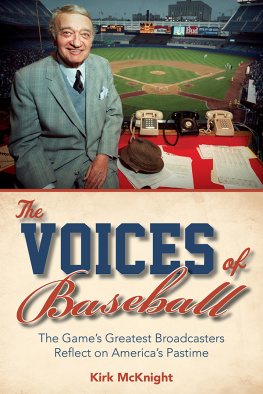
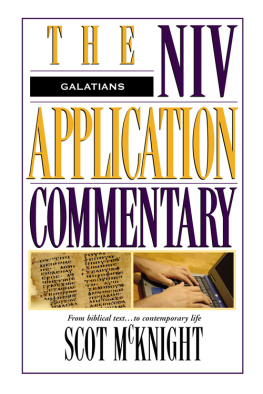
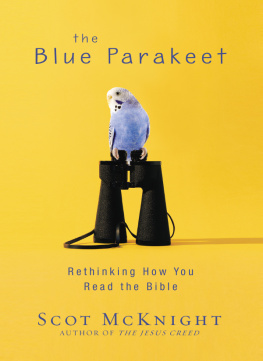
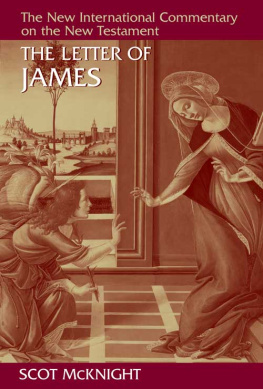

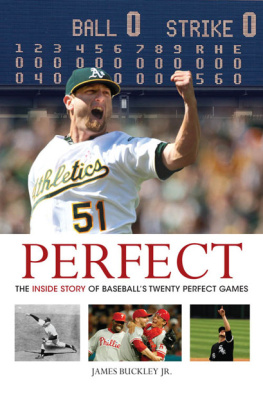
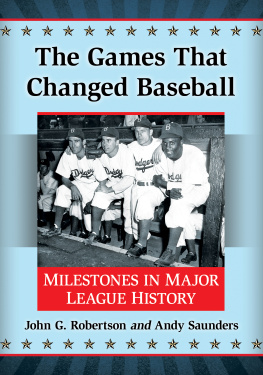
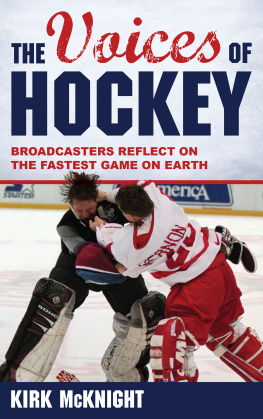
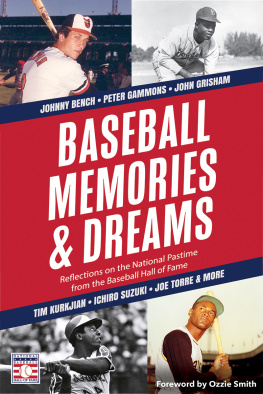
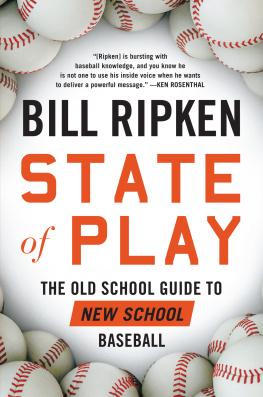
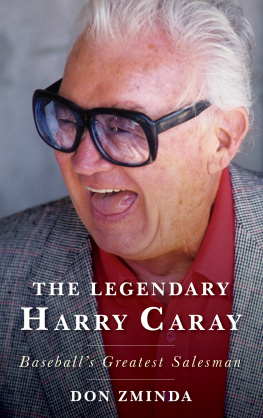
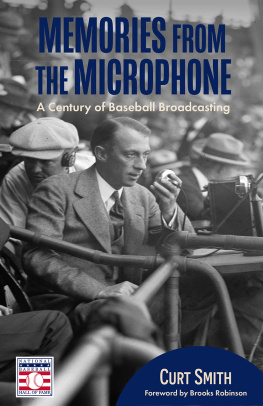

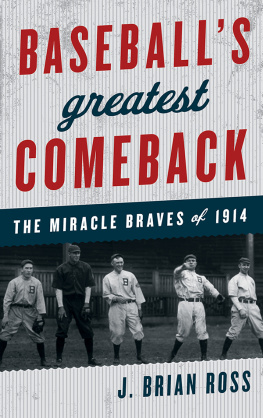
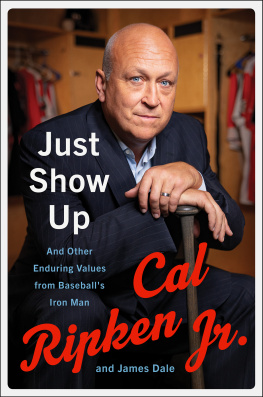
 The paper used in this publication meets the minimum requirements of American National Standard for Information SciencesPermanence of Paper for Printed Library Materials, ANSI/NISO Z39.48-1992.
The paper used in this publication meets the minimum requirements of American National Standard for Information SciencesPermanence of Paper for Printed Library Materials, ANSI/NISO Z39.48-1992.